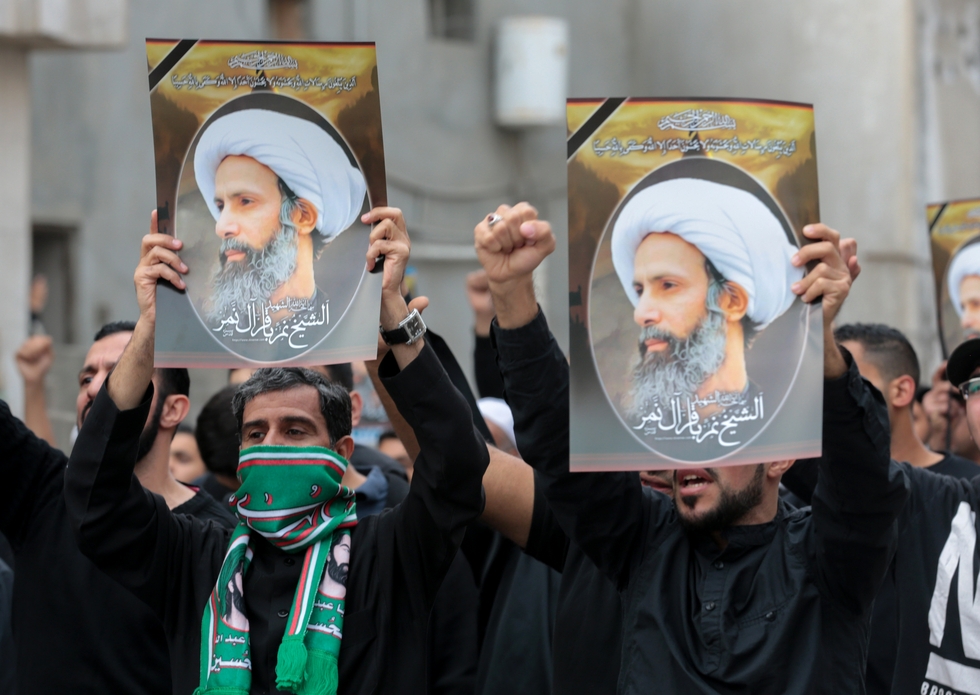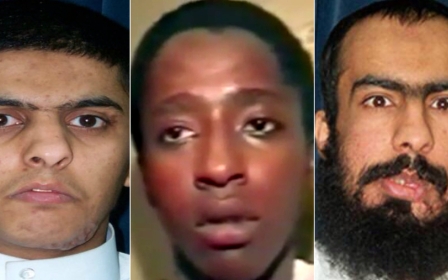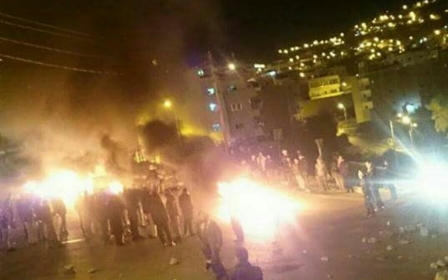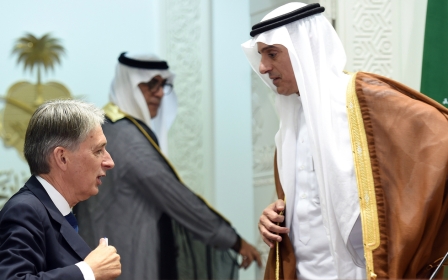'Dramatic surge' in Saudi executions in 2016: Amnesty International

Amnesty International warned on Friday that a surge in executions carried out by Saudi authorities could see more than 100 people put to death in the first six months of 2016.
The London-based watchdog says that the kingdom carried out at least 158 death sentences last year, making it the third most prolific executioner after Iran and Pakistan.
This year, at least 94 people have been executed so far, "higher than at the same point last year," Amnesty International said.
If executions continue at the same pace, "Saudi Arabia will have put to death more than 100 people in the first six months of this year," the human rights group warned.
"Executions in Saudi Arabia have been surging dramatically for two years now and this appalling trend shows no sign of slowing," said Amnesty International's MENA deputy director James Lynch.
Lynch spoke of "pervasive flaws" in the kingdom's justice system "which mean that it is entirely routine for people to be sentenced to death after grossly unfair trials."
Murder and drug trafficking cases account for the majority of Saudi executions, although 47 people were put to death for "terrorism" on a single day in January.
Among those was Shia cleric Nimr al-Nimr whose execution sparked a diplomatic rift between Riyadh and Tehran. Nimr was a driving force of the protests that broke out in 2011 in the kingdom's east, an oil-rich region where the Shia minority of an estimated two million people complains of marginalisation.
Nimr's execution sparked protests after the death sentence was handed down based on confessions he says were extracted through torture. The case "provides a glaring example of the arbitrary use of the death penalty after proceedings that blatantly flout international human rights standards," said Amnesty.
Following Nimir's execution sources in the kingdom told Middle East Eye that prisoners arrested when they were children and others suffering from mental illness were among dozens of inmates executed in Saudi Arabia in January. One security source who witnessed the executions told MEE: "It was a massacre. There was blood and body parts everywhere.”
Nimr’s execution sparked protests in Iran, where mobs ransacked and set fire to the Saudi embassy, leading to Riyadh severing ties with Tehran and plunging the two regional rivals into a diplomatic crisis.
Nimir's nephew, Ali al-Nimr, who was arrested with two others while they were still minors, is currently on death row.
Lynch urged Saudi authorities to "quash his conviction and order a re-trial immediately in proceedings that meet international fair trial standards without recourse to the death penalty."
Saudi Arabia has a strict Islamic legal code under which murder, drug trafficking, armed robbery, rape and apostasy are all punishable by death.
"The Saudi Arabian authorities should end their reliance on this cruel and inhuman form of punishment and establish an official moratorium on executions immediately," said Lynch.
Most people put to death in Saudi Arabia are beheaded with a sword.
Middle East Eye propose une couverture et une analyse indépendantes et incomparables du Moyen-Orient, de l’Afrique du Nord et d’autres régions du monde. Pour en savoir plus sur la reprise de ce contenu et les frais qui s’appliquent, veuillez remplir ce formulaire [en anglais]. Pour en savoir plus sur MEE, cliquez ici [en anglais].




